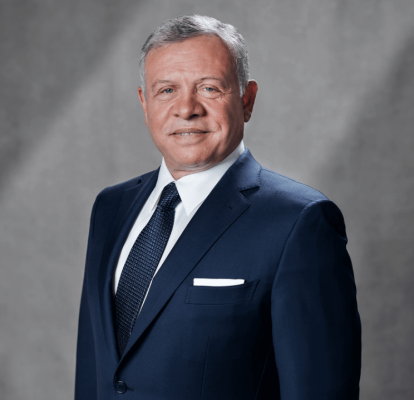King Abdullah II Ibn Al-Hussein of Jordan has been a significant figure in Middle Eastern politics since he ascended to the throne in 1999. Born on January 30, 1962, he is the son of King Hussein and his British wife, Princess Muna. Abdullah was educated in the United States and the United Kingdom, earning a degree in international relations from Georgetown University and later attending the Royal Military Academy Sandhurst.
Ascension to the Throne
Abdullah became king following the death of his father, King Hussein, who ruled for nearly 47 years. His ascension marked a continuation of the Hashemite dynasty, which has a long history in the region. Abdullah faced the challenge of modernizing Jordan's economy and addressing social issues, while also navigating complex regional dynamics.
Reforms and Policies
Since becoming king, Abdullah II has initiated several reforms aimed at political, economic, and social modernization. He has promoted efforts to combat corruption, improve education, and enhance economic opportunities. Abdullah has also sought to strengthen Jordan's infrastructure and attract foreign investment.
Foreign Relations
King Abdullah II has played a crucial role in regional diplomacy. Jordan is a key ally of the United States and has maintained a moderate stance in Middle Eastern politics. The king has advocated for peace in the Israeli-Palestinian conflict and has supported efforts for a two-state solution. He has also addressed the challenges posed by regional instability, including the impacts of the Syrian refugee crisis.
Challenges
Despite his reform efforts, Abdullah faces significant challenges, including economic difficulties, high unemployment rates, and public discontent. Social unrest and protests have occasionally arisen, driven by demands for greater political freedoms and economic reforms.
Cultural Contributions
Abdullah II is also known for his interest in promoting Jordan's cultural heritage. He has supported various initiatives in arts and education, emphasizing the importance of cultural identity in a rapidly changing world.
Legacy
As of now, King Abdullah II continues to play a vital role in shaping Jordan's future and navigating the complexities of regional politics. His leadership is characterized by a balancing act between modernization and tradition, as he seeks to lead Jordan through a period of sig


